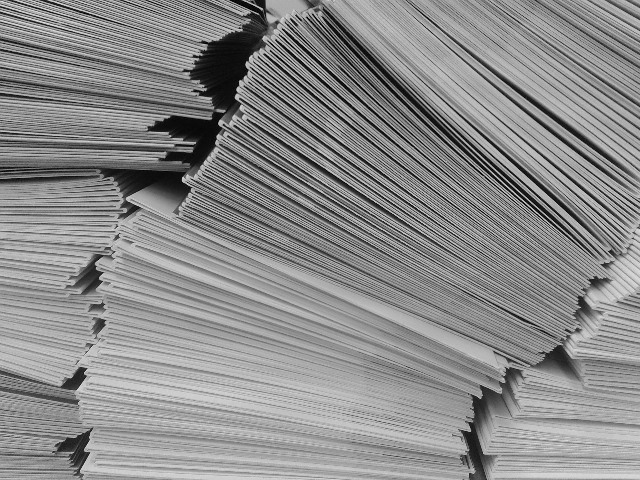One of the trickier issues in representing whistleblowers is the question of documents. In virtually every case, the client comes to us with documents to support his or her claim. Many of these come from the company that we may sue under the False Claims Act. The delicate question is how, if at all, may we use these documents in our case, given that the company will undoubtedly say they are the company’s property improperly taken from the premises.
We’ve written on this issue before. While there is not total uniformity in the courts’ evaluation of this issue, there is some general guidance. First, assuming the whistleblower doesn’t go overboard (more on that below), the statutory duty to tell the government everything he or she knows about the fraud will outrank, in most judge’s eyes, the defendant’s cries of foul about certain documents being copied and taken off site.
But the devil’s in the details. Whistleblowers can buy a lot of trouble for themselves and their attorneys if they get carried away. One obviously delicate area is attorney-client privilege. There may be attorney-client communications within the company that are highly probative of the company’s intent and its knowledge of wrong-doing. But those documents may not be admissible, and worse, their disclosure may “taint” not only the whistleblower attorney but the government prosecutors themselves. So it’s essential that any such documents be identified early and carefully to ensure proper handling to avoid later claims of taint.
In addition, courts are generally sympathetic to whistleblowers if the documents copied are the kind of documents the witness typically saw during the course of his/her employment. Conversely, courts are generally unsympathetic to witnesses who go searching through company data bases looking for evidence and looking in places their work would normally not take them. See generally Quinlan v. Curtiss-Wright Corp., 204 N.J. 239 (2010).
We take a lot of care to get this issue right, and government prosecutors often thank us for not dumping an unwanted surprise on them.
Think this is just an obscure academic hypothetical? Try on this cautionary tale from a recent New Jersey case:
“The New Jersey Supreme Court on Tuesday preserved criminal charges against a former school board worker accused of taking confidential records for her discrimination and whistleblower lawsuit, a decision that could put plaintiffs attorneys in the perilous position of weighing disclosure requirements against potentially exposing their clients to prosecution.
A 6-1 majority of the court found sufficient support for an indictment accusing former North Bergen Board of Education employee Ivonne Saavedra of official misconduct and theft by unlawful taking of public documents.”
The case is State v. Saavedra, case number 073793, in the Supreme Court of the State of New Jersey.
Indictment? Yes, as in criminal case your-liberty-is-at-stake indictment. Seems the local prosecutors thought poorly of the whistleblower’s decision to take certain private student records out of the files. (Not clear whether they were removed entirely or just copied, an issue that can be material.) This criminal case is perhaps the far extreme of how bad things can get if a witness gets a little too enthusiastic in the evidence-gathering department.
It remains to be seen whether this person will be convicted. But the case provides a cautionary tale about the need to follow the rules and get some guidance from experienced practitioners. There are ways to stay out of trouble in this arena and ways to get yourself in trouble. The same is true for the attorneys who represent whistleblowers: fail to be careful in the handling of the documents, and you, too, can be facing disqualification or worse.
None of this means whistleblowers should think they can’t copy documents. They do it every day, and the government would be surprised if the witness came in with no documents from the company. But there’s a way to do it right, and doing it right will greatly increase your chances of success.

